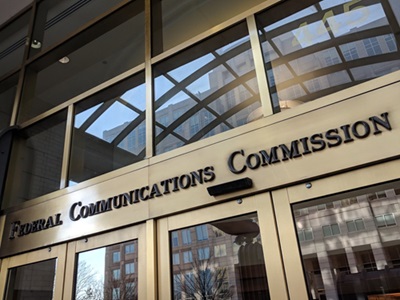FWA vs. Wired Connections, Spectrum Sharing Rules, and Satellite Service | Episode 99.2 of the Connect This! Show

Join us Thursday, August 29 at 4:30pm ET for the latest episode of the Connect This! Show. Co-hosts Christopher Mitchell and Travis Carter will be joined by regular guests Kim McKinley (UTOPIA Fiber) and Doug Dawson (CCG Consulting) to talk about the growth of the Fixed Wireless Access service marketplace by the large mobile carriers, proposed changes to CBRS spectrum sharing rules that could prove to be a boon for innovation and low-cost deployment, the bundling problem with TV and sports, and where to get your telecom news in a world where good journalism is getting gutted.
Email us at [email protected] with feedback and ideas for the show.
Subscribe to the show using this feed or find it on the Connect This! page, and watch on LinkedIn, on YouTube Live, on Facebook live, or below.



